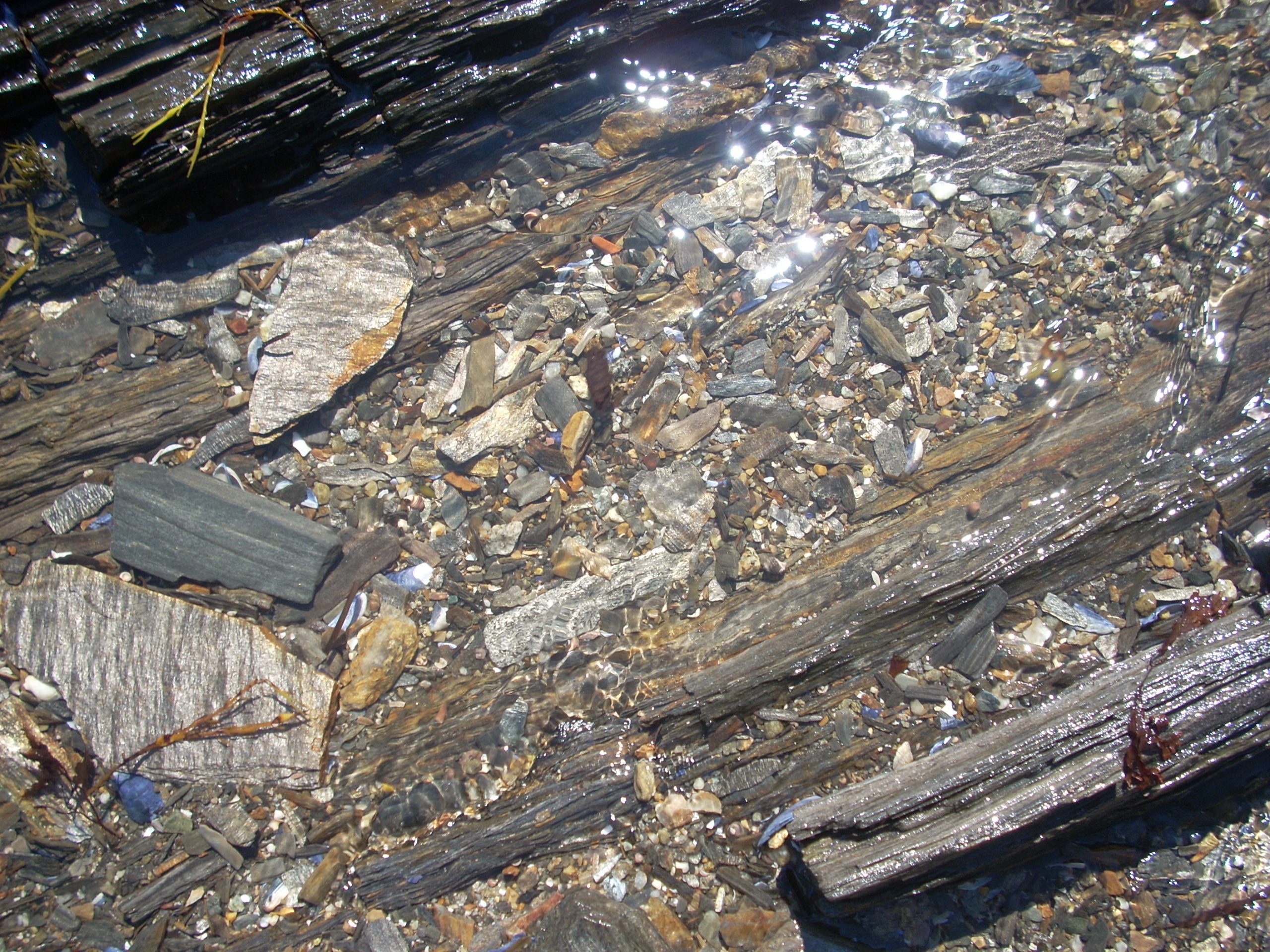
We do what we immediately know is proper. We win approval from our family, friends, and fellow citizens (and win elections). Perhaps of greatest importance is our own self-approval. We do the “right” and “decent” thing—based on what the media and our chosen political leaders encourage us to do. In 2020, we made sure our masks were in place and we remained at an appropriate distance from other people when going to the supermarket. We were the perfect NPIers. Other people at the supermarket nodded their appreciation for the sensitive way in which we were looking after their welfare. There were wonderful short-term benefits for us—but these NPI actions are not necessarily something that leads to long term systemic benefit for our society.
We are wonderful people—but we might die during the coming year along with those who admire us. Our actions may lead to unanticipated outcomes. Perhaps we should remain frozen—so that we do no harm (Bergquist, 2020b). This might be what my Chinese colleague described as the state of wide-spread disillusionment in her own country. The system is not responding like it should to our generous actions. We are kind, but the virus is persistent. As an experienced clinical psychologist, my Chinese colleague warns that this might be an inevitable stage in the psychological reaction to pandemics. I wonder if her reflections on reactions in Chinese are applicable elsewhere in the world (including the United States).
If we wish to avoid disillusionment, then we might try hope. We can fast think by hoping that a cure or source of prevention will come soon when the next pandemic arrives. Hope is certainly a good thing—we know that hope can be healing. Furthermore, hope might be warranted. Scientists achieved miraculous results in 2020 concerning the production of vaccines. Cures were on the way within one year. Perhaps we will only have to hunker down and engage in proper social behavior when the next pandemic arrives.






